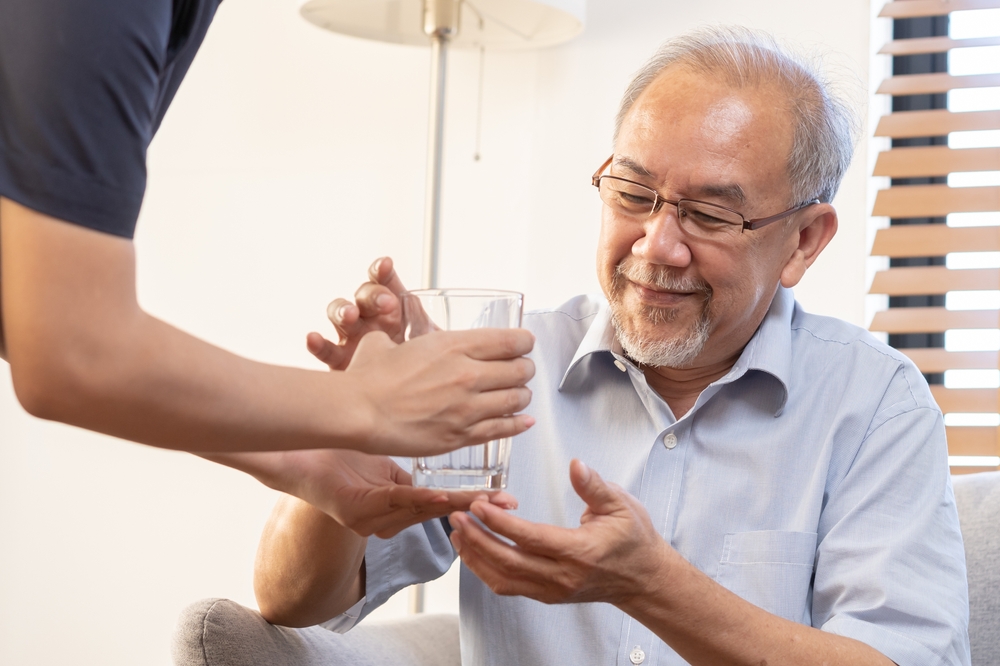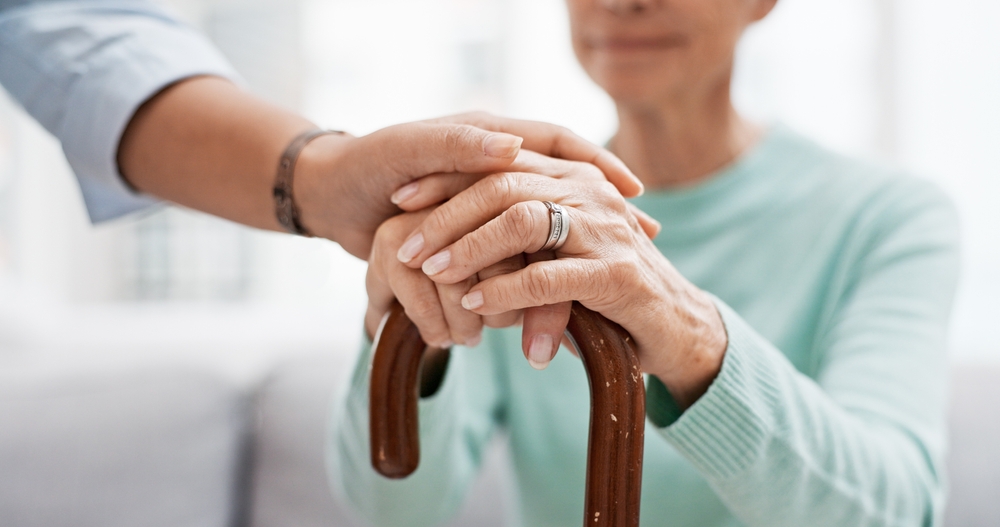At My Doctor’s Inn, we understand the crucial importance of hydration, especially for our seniors who are at a higher risk of dehydration. This risk is notably pronounced among those with cognitive impairments, such as Alzheimer’s or dementia, who may not remember to drink water regularly. With warmer months upon us, it is essential to ensure that all residents stay well-hydrated to maintain their health and prevent the complications associated with dehydration.
Hydration Strategies
To help our residents stay hydrated, we encourage them to drink plenty of water throughout the day, even if they do not feel thirsty. We also advise limiting beverages that can lead to dehydration, such as those containing alcohol or caffeine. For those who might grow tired of drinking plain water, we suggest infusing it with slices of fruits like lemons, limes, or oranges, or herbs such as mint to add a refreshing flavor. Besides drinking water, we promote the consumption of foods high in water content, such as fresh fruits, vegetables, and dairy products like yogurt, which not only help with hydration but also provide essential nutrients.
Maintaining a Comfortable Environment
In addition to ensuring adequate fluid intake, we keep our facilities comfortably cool. We manage indoor temperatures by drawing curtains or blinds during the hottest parts of the day and using air conditioning and fans to create a pleasant living environment. On especially warm days, we encourage residents to take cool showers or baths and use cool washcloths on their necks and foreheads to help reduce body heat.
Recognizing Signs of Dehydration
Recognizing the signs of dehydration is vital for preventing severe health issues. Symptoms to watch for include extreme thirst, dry mouth and skin, headaches, sunken eyes, rapid heartbeat, muscle cramps, dizziness, and dark-colored urine. These signs are particularly important to monitor in seniors with cognitive difficulties who may not communicate their discomfort. Prompt action is required if dehydration is suspected, including increasing fluid intake and, if symptoms are severe, seeking medical assistance immediately.
Conclusion
At My Doctor’s Inn, our commitment to the well-being of seniors includes diligent attention to their hydration needs, ensuring they remain hydrated and comfortable throughout the warmer seasons. For more information on our hydration practices or to connect with a senior care specialist, we encourage you to contact us today to learn more about the best wats to care for the elderly.



